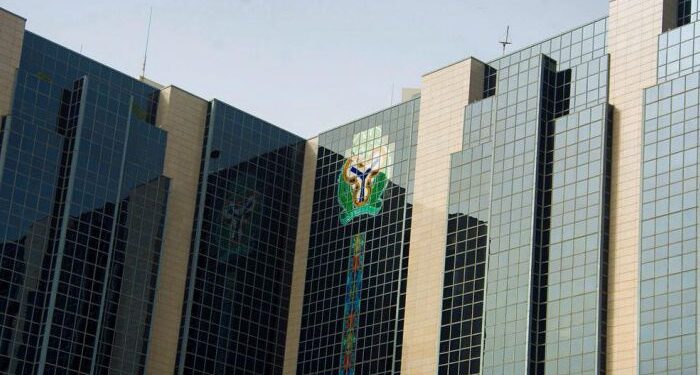
The Federal Government and the Central Bank of Nigeria (CBN) have denied that there are plans to convert $30 billion domiciliary deposits to naira.
This is a reaction to reports that the Federal Government and the apex bank were considering converting domiciliary accounts to naira as part of measures to solve the foreign exchange (forex) crisis and stop the crash of the naira.
This disclosure is contained in a statement by the Minister of Finance and the Coordinating Minister of the Economy, Wale Edun, on Saturday, where he said there was no iota of truth in the report, dismissing it as falsehood.
The CBN also in a post on its official X (formerly Twitter) account on Saturday, February 3, 2024, described the report as fake.
What the FG and CBN are saying
Edun in his statement said,
- “There is no iota of truth in the claims of Punch Newspaper that the Federal Government plans to convert foreign exchange in depositors’ domiciliary accounts to naira.
- “The publication of such falsehood. at a time when the government is working to restore economic stability and confidence in the national currency is tantamount to economic sabotage.
- “For the avoidance of doubt, I emphasize that depositors’ foreign currency in their domiciliary accounts will not be converted to naira.”
The CBN in its post said,
- ‘’No plans to convert $30bn domiciliary deposits to naira. This news is fake!’’
Reports aimed at causing panic in the forex market
The acting Director, Corporate Communications of the CBN, Mrs. Hakama, Sidi-Ali, in a statement described the allegation as false and aimed at causing panic in the foreign exchange market.
- She said, ‘’The attention of the Central Bank of Nigeria (CBN) has been drawn to a story published by a national newspaper alleging that the Federal Government is considering converting $30 billion domiciliary deposits to Naira.
- ‘’This allegation is absolutely false and aims to trigger panic in the foreign exchange market, which the CBN is working assiduously to stabilize, as evidenced by its recent work and policy directions.
- ‘’Similar false narratives have been spread on the work of the CBN over the past few months and it is clear that vested interests are determined to sabotage our efforts.
- ‘’We want to assure the general public that CBN is working to build confidence and would never do anything to undermine the currency and the economy.
- ‘’We, therefore, urge all stakeholders to disregard stories aimed at causing panic in the system and see them clearly for what they are – acts of national sabotage.
- ‘’We wish to advise, in the strongest terms, against the peddling of false reports that have the potential to be disruptive to the economy. The Bank is the only designated authority for monetary policy changes and will always advise on any policy change(s) before they are brought into operation.
- ‘’The CBN is always open to answer questions about our policies.’’
In case you missed it
- Reports had earlier emerged that the Federal Government is considering a policy that will result in the conversion of foreign currencies in domiciliary accounts of citizens to naira to stabilise the national currency, which earlier this week recorded its worst performance in history especially in the official window.
- According to the alleged plans, the government is expected to order the conversion of foreign currencies sitting idly in individuals’ and corporate organisations’ domiciliary accounts to naira at a rate to be determined by the CBN.
- The is meant to stabilise the naira, which recorded its biggest fall in the official Nigerian Foreign Exchange Market (NAFEM) on Monday, to close at N1,348 per dollar.
- The presidency source is reported to have claimed that the problem of forex scarcity and the naira fall was an elite issue, adding that the Federal Government would not fold its arms and continue to watch some individuals hoarding foreign currencies at the expense of the naira.
What you should know
- The CBN had a few days ago released a new circular addressing suspected cases of excessive foreign currency speculation and hoarding from Nigerian banks.
- The new circular introduces a set of guidelines aimed at reducing the risks associated with these practices.
- The circular, titled “Harmonisation of Reporting Requirements on Foreign Currency Exposures of Banks,” highlights the CBN’s concerns over the growing trend of banks holding large foreign currency positions.
- The apex bank accused banks of holding excess foreign exchange positions. It gave lenders until February 1, 2024 to sell off excess dollars in their vault.
The CBN in its circulated stated,
- “The Central Bank of Nigeria (CBN) has noted with concern the growth in foreign currency exposures of banks through their Net Open Position (NOP). This has created an incentive for banks to hold excess long foreign currency positions, which exposes banks to foreign exchange and other risks. Therefore, to ensure that these risks are well managed and avoid losses that could pose material systemic challenges, the CBN issues the following prudential requirements”



